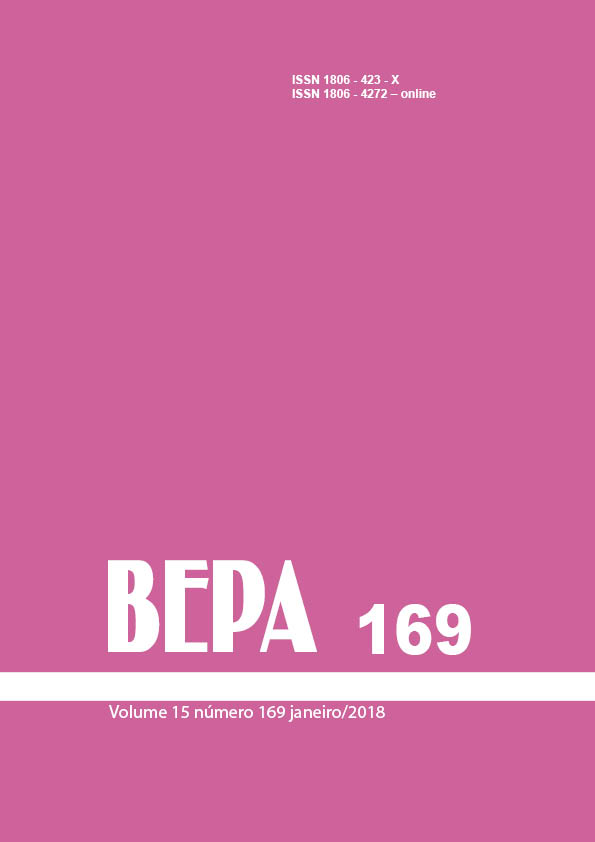Abstract
Considering the need for new treatments for neglected diseases as
visceral leishmaniasis and Chagas disease, in this work we fractionated
the edible mushroom Pleurotus salmoneostramineus in the search for
potential antiparasitic compounds. Among the active fractions, it was
isolated the ergosterol, which showed anti-Leishmania (L.) infantum
e anti-Trypanosoma cruzi activities. The ergosterol was active against
intracellular amastigotes of Leishmania (L.) infantum and trypomastigotes
of Trypanosoma cruzi, with 50% Inhibitory Concentration (IC50) values
of 125 μM and 129 μM, respectively. The cytotoxicity in mammalian
cells resulted in an IC50 value of 619 μM. Its action mechanism in
Trypanosoma cruzi trypomastigotes resulted in permeabilization of the
plasma membrane, as well as depolarization of mitochondrial membrane
potential, leading to parasite death. Nevertheless, there was no increase in
reactive oxygen species, demonstrating that its mechanism of action does
not involve the induction of oxidative stress in the parasite. The selection
of antiparasitic secondary metabolites present in nature can provide future
prototypes for the design of new drugs for neglected diseases.

This work is licensed under a Creative Commons Attribution 4.0 International License.
Copyright (c) 2018 Tatiana Rodrigues Alexandre, André Gustavo Tempone Cardoso (orientador)
